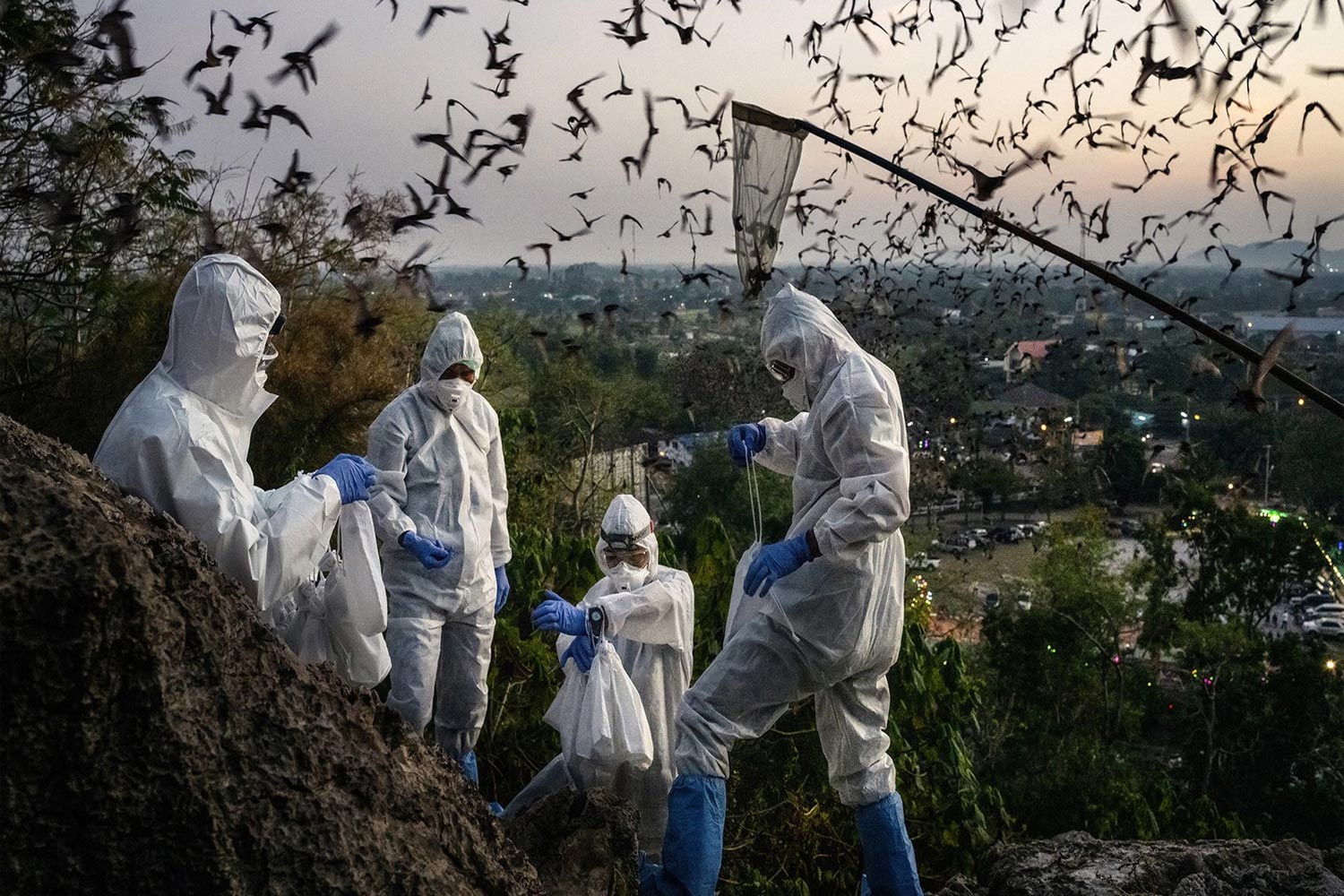
A recent study revealed that extreme weather such as worsening heatwaves and other intense weather conditions increases perilous pathogens and disease spread.
In a study published in PLOS Climate, researchers analysed the impact of heatwaves on hosts, Daphnia magna or water fleas, and a parasite, Ordospora colligata.
Researchers examined parasite fitness depending on different amplitudes and timelines of heatwaves.
They discovered that heat waves adversely affected the parasite burden by nearly 13 times, with less intense heat waves offering a favourable environment to parasites while the most extreme heat significantly decreased the number of parasites by also affecting their hosts.
Heatwaves boosts pathogens and disease spread
Results indicated that every factor of the heatwaves played a pivotal role in the parasite and host dynamic.
“And all these factors interact in different ways, to show that even the same heatwave that happens before you get infected might not have the same results as if it happened after you got infected,” lead author of the study and a Ph.D. candidate at Trinity College Dublin, Niamh McCartan said, according to Inside Climate News.
While the study assessed only a single parasite and its host, the results could have a widespread impact outside of the lab.
For one, the host Daphnia magna plays an essential part in aquatic food webs, so increasing threats from the Ordospora colligata parasite may lead to cascading effects in nature.
McCartan further emphasised that climate change has also allowed disease-carrying mosquitoes to spread to more areas that were previously too cold for survival, significantly raising the risk of disease spread.












